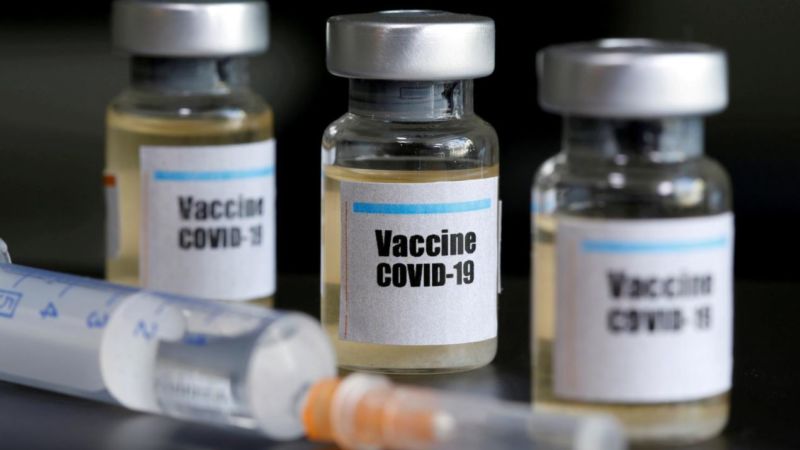As the United States enters its second year fighting against the COVID-19 pandemic, more than 464,000 people have died (as of this writing) from the novel coronavirus and more than 27 million people have been infected.
With only two vaccines approved for use in the United States, Pfizer and Moderna, nearly 50 million doses have been distributed and slightly more than 43 million doses have been administered. This was significantly short of the promised 100 million vaccinations promised by the end of 2020 by the Trump administration; however, the Biden administration said it is on pace to achieve its promise of 100 million doses in its first 100 days.
Fifteen states have now vaccinated more than 10% of their population with the first dose, and overall, the United States has vaccinated about 9.7% of its population. To achieve herd immunity, between 70 to 90% of the U.S. population would need to be vaccinated, according to Dr. Anthony Fauci, director of the National Institute of Allergy and Infectious Diseases and chief medical advisor to President Joseph Biden.
As more individuals become eligible to receive the vaccine under Centers for Disease Control and Prevention (CDC) guidelines but the availability of vaccine doses remains low, people anxious to receive their vaccines are increasing vulnerable to vaccine-related scams and fraud.
And, as always, whenever fraudsters see an opportunity to con people out of their money or their personal information, they will take advantage.
Vaccine fraud red flags
The Federal Bureau of Investigation, the Department of Health and Human Services Office of Inspector General, and the Centers for Medicare & Medicaid Services have issued a warning to the public about several fraud schemes related to COVID-19 vaccines.
Many of these schemes involve scammers using the lure of a COVID vaccine in an attempt to obtain personally identifiable information and/or money. The agencies encouraged the public to be aware of red flags that could signal fraudulent activity, including:
-
-
- advertisements or offers of early access to a vaccine upon payment of a deposit or fee;
- requests to pay out-of-pocket to obtain the vaccine or to add your name to a COVID-19 vaccine waiting list;
- offers to undergo additional medical testing or procedures when you obtain a COVID-19 vaccination;
- marketers offering to sell or ship doses of a vaccine, within the United States or internationally, in exchange for the payment of a deposit or fee;
- unsolicited emails, telephone calls, or personal contact from someone claiming to be from a medical office, insurance company, or COVID-19 vaccination center requesting personal or medical information to determine your eligibility to participate in vaccine trials or receive the vaccine;
- claims of U.S. Food & Drug Administration (FDA) approval for a vaccine that cannot be verified;
- advertisements for vaccines through social media, email, telephone calls, online, or from other unsolicited or unknown sources; and
- any contact that claims the government or a government official requires you to receive a COVID-19 vaccination.
-
How to protect yourself from fraudsters
The agencies have also released suggestions about how you can protect yourself against COVID-19 vaccine fraud schemes, these include:
-
-
- consult your state’s health department website for information about authorized vaccine distribution channels and only get your vaccination through those channels;
- check the FDA’s website for current information about which vaccines have received emergency use authorizations;
- consult your primary care physician before receiving any vaccination;
- do not share your personal or health information with anyone other than a known and trusted medical professional;
- check your medical bills and insurance explanation of benefits for any suspicious claims and promptly report any errors to your health insurance provider; and
- follow the guidance and recommendations from the CDC and other trusted medical professionals.
-
Conclusion
Although it is difficult and frustrating to wait for your own vaccination and even more so to see your vulnerable loved ones wait, there is no legitimate way to jump the line and receive a COVID-19 vaccination sooner than you are allowed.
Anyone who contacts you with promises of a vaccination, to add you to a waiting list, or to move you up higher on the list in exchange for a deposit or fee is very likely a scammer who will not only steal your money but then will use your personal information to steal more from you later.
You can access the full 2021 Government Fraud, Waste, and Abuse Study here.








